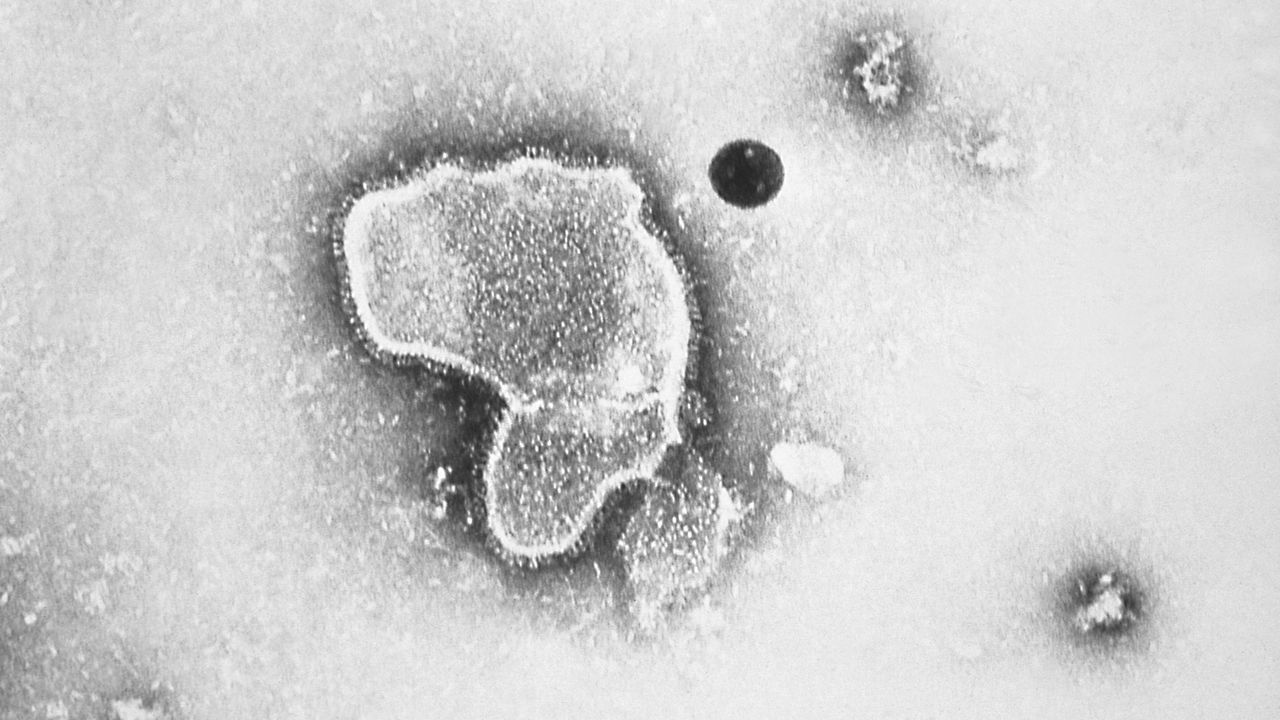RSV on the rise: What are the symptoms of RSV? How is it treated?
Cases of RSV – the acronym for respiratory syncytial virus – are rising across the country.
Doctors at Children’s of Alabama said the combination of RSV and an uptick in flu cases have them bracing for a rough winter.
“We have seen a lot of enteroviruses, just respiratory type stuff, and we know at Children’s Hospital, that’s our No.1 admission on a regular respiratory season, so we are concerned on how the flu is going to affect just our normal respiratory time,” said Delphene Noland, manager of infection prevention and control at Children’s.
Doctors at Children’s saw an early surge in RSV cases at the beginning of the year and said it’s possible the state will see another increase over the next few months because the typical RSV season hits during the winter. The virus most often affects smaller children and is similar to the flu.
RSV is primarily transmitted through contact with bodily fluids but can also be spread through the air or skin-to-skin contact.
RSV symptoms
According to the Centers for Disease Control and Prevention, the most common RSV symptoms are:
- Runny nose
- Decrease in appetite
- Coughing
- Sneezing
- Fever
- Wheezing
People infected with RSV typically show symptoms within 6 days after getting infected. Symptoms usually appear in stage and not all at once and, in young infants, can present as irritability, decreased activity and breathing difficulties.
RSV is common. Almost all children will have had an RSV infection by their second birthday, the CDC said.
How to treat RSV
Most RSV infections go away on their own in a week or two, the CDC said. There is no specific vaccine or treatment for RSV but people are advised to take steps to relieve the symptoms, including:
- Manage fever and pain with over-the-counter fever reducers and pain relievers, such as acetaminophen or ibuprofen. (Never give aspirin to children.)
- Drink enough fluids. It is important for people with RSV infection to drink enough fluids to prevent dehydration (loss of body fluids).
- Talk to your healthcare provider before giving your child nonprescription cold medicines. Some medicines contain ingredients that are not good for children.
RSV can also cause more severe infections such as bronchiolitis, an inflammation of the small airways in the lung, and pneumonia, an infection of the lungs. It is the most common cause of bronchiolitis and pneumonia in children younger than 1 year of age.
Health adults with RSV rarely need to be hospitalized but some, especially older adults and infants younger than 6 months of age, may need to be hospitalized if they are having trouble breathing or are dehydrated. You can go here for more on treating RSV.
